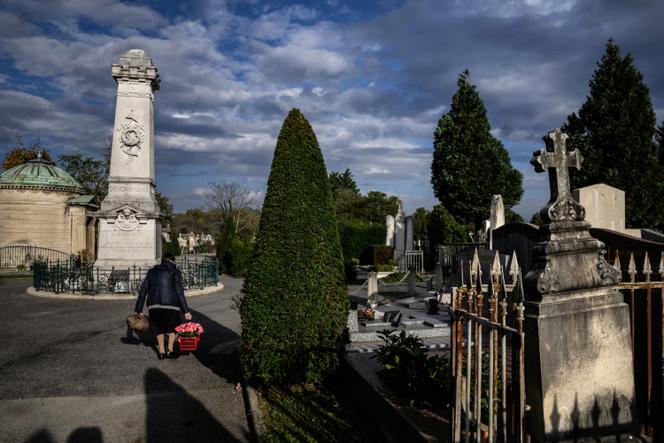


On the day of his 100th birthday, Allan Karlsson jumped out the window of his retirement home, escaping the party that awaited him and embarked on crazy new adventures. Reading the study published on Wednesday, October 30 by the Institut National de la Statistique et des Etudes Economiques (INSEE) provides a better understanding of the acrobatics attempted by the hero of The Hundred-Year-Old Man Who Climbed Out the Window and Disappeared, the best-selling novel by Jonas Jonasson (Presses de la Cité, 2011).
Statistically, it's on our birthday that we're most likely to die, and by a long way. INSEE has quantified the phenomenon. Over the last 20 years, from 2004 to 2023, the risk of dying on that day has increased by an average of 6% for the population as a whole. But for men aged 18 to 40 alone, it climbs by 24%. For centenarians like the eccentric Karlsson, the risk even jumps by 29%!
This "birthday syndrome," which has affected the painter Raphaël, the singer Dick Rivers, the writer Jean-Bertrand Pontalis and the actress Ingrid Bergman, is by no means unique to France. The "birthday effect" has also been observed in Switzerland, the US, Japan and the Ukraine, with rates varying according to culture.
There are several explanations, all linked to the exceptional nature of this special day. The first, cited by INSEE, is the excesses of birthday celebrations, especially among young adults. A lot of alcohol, too many good meals, exhausting parties and late-night car trips. All of which increases the risk of accidents, falls and cardiovascular problems.
But other factors also come into play. Emotion, the stress of celebration, awareness of the passage of time may account for some of the increased mortality on this day. Nathalie Blanpain, from INSEE, mentioned "the desire to reach one's birthday": It "could delay the onset of death for people at the end of life," who let go on D-day. The study also mentions the risk of suicide, as observed in Japan: "This symbolic date could exacerbate a feeling of sadness or loneliness."
Collectively, however, the deadliest day of the year remains January 3, according to the INSEE report. From 2004 to 2023, an average of 1,900 deaths were recorded on this day in France, compared with 1,600 on other days. "Everything combines to make January 3 a black day," noted the institute. It's a winter's day, a season when virus circulation is at its height, and it follows the end-of-year festivities. "The desire to spend the holidays with loved ones, as well as to reach a new year," could delay the death of the elderly and partly explain this peak, stated INSEE. In addition, January 3 corresponds to the resumption of scheduled hospital operations, another cause of death. Conversely, August 15, a public holiday in the middle of summer, is the least deadly day of the year.
